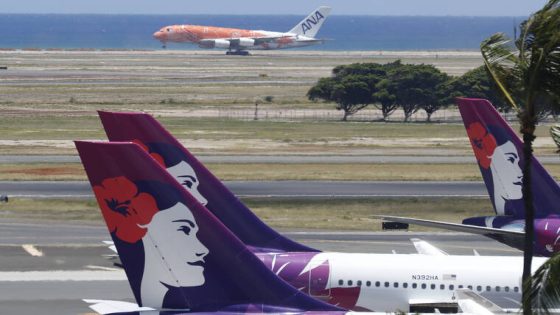Boeing workers are set to strike on August 4, 2025, as approximately 3,200 employees at key facilities in Missouri and Illinois reject a labor agreement. This decision highlights ongoing tensions between the aerospace giant and its workforce, particularly amid Boeing’s recovery efforts following past crises.
- Boeing workers plan strike starting midnight Monday.
- 3,200 workers rejected modified labor agreement.
- Union emphasizes workers' expertise and security.
- Boeing's previous offer included 20% wage increase.
- Company prepared for strike with contingency plans.
- Boeing's financial losses have narrowed recently.
The International Association of Machinists and Aerospace Workers union announced the rejection of a modified four-year contract that included significant wage increases. Union leaders emphasized the need for a deal that ensures job security and recognizes the skilled labor that contributes to national defense.
As Boeing prepares for potential disruptions, the implications of this strike could resonate globally, affecting supply chains and defense contracts. How will this impact Boeing’s recovery trajectory?
The rejection of Boeing’s proposal raises questions about labor relations in the aerospace sector. As companies navigate post-pandemic recovery, the balance between employee satisfaction and corporate profitability becomes crucial. Will other industries face similar labor unrest?
- Labor disputes may increase as workers demand better conditions and pay.
- Potential disruptions could affect defense contracts and international partnerships.
- Investors may react to Boeing’s operational challenges, impacting stock performance.
As this situation unfolds, stakeholders must consider the broader implications for labor relations and economic stability in the aerospace industry and beyond.
































